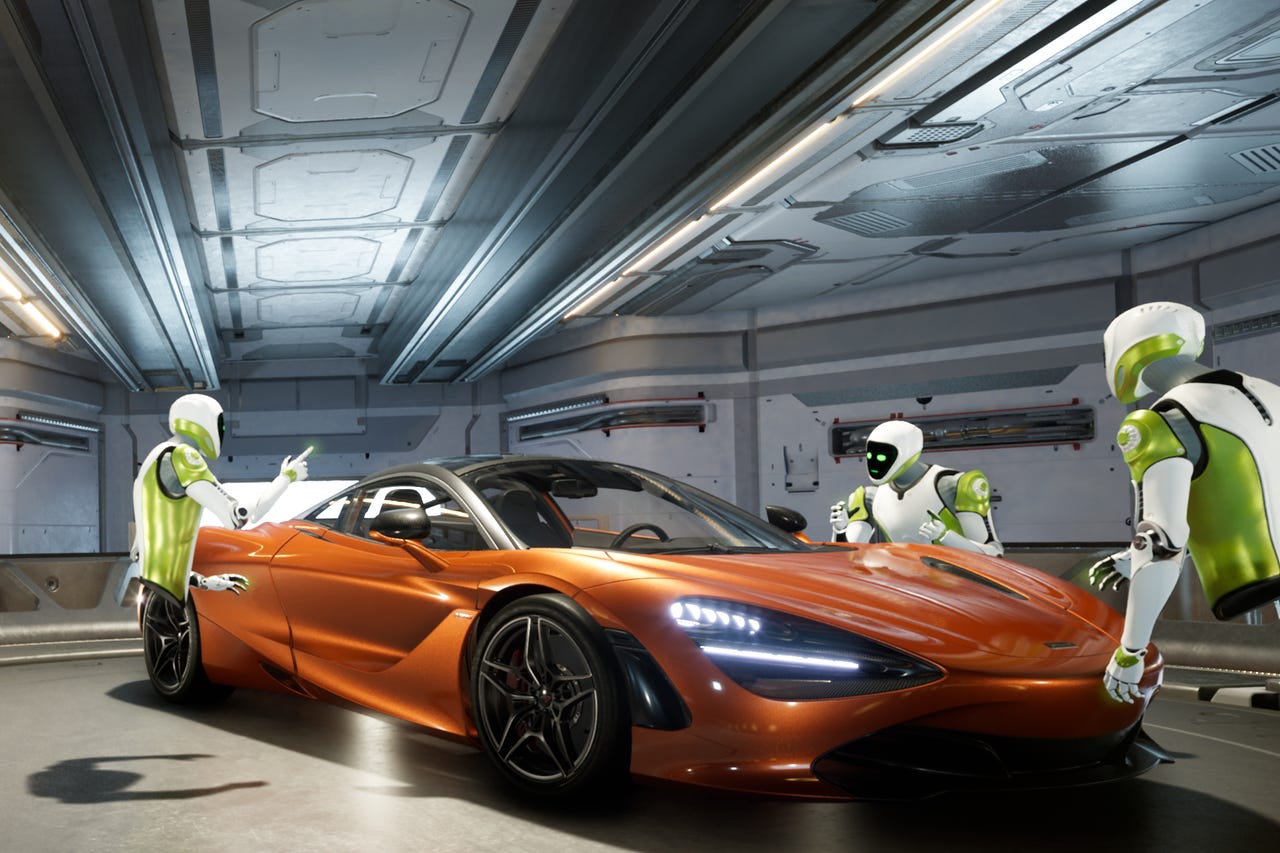Nvidia aims for level 5 vehicle autonomy with Pegasus


Nvidia Holodeck
By the middle of 2018, Nvidia believes it will have a system capable of level 5 autonomy in the hands of the auto industry, which will allow for fully self-driving vehicles.
Dubbed Pegasus, the system is the latest iteration of the Drive PX and contains a pair of Xavier system-on-a-chip processors and a pair of GPUs that the company would not reveal the details of, except to say that it's the next generation on from its Volta GPU.
Pegasus is rated as being capable of 320 trillion operations per second, which the company claims is a thirteen-fold increase over previous generations.
"Creating a fully self-driving car is one of society's most important endeavors -- and one of the most challenging to deliver," said Nvidia CEO Jensen Huang.
"With Pegasus monitoring the surroundings and safely driving, the industry can offer a range of new vehicle types, resembling offices, living rooms, or hotel rooms on wheels. Travelers will simply order up the type of vehicle they want, based on their destination and activities planned along the way."
Following on from its unveiling in May, Nvidia also announced that Holodeck has reached the early access stage for certain users.
Holodeck is built on a highly customised version of Epic Games' Unreal Engine 4 that allows multiple users to communicate in a virtual space that aims to produce highly realistic rendering.
In May, Nvidia took the wraps off its Tesla V100 accelerator aimed at deep learning.
Developed at a cost of $3 billion, the V100 has 21 billion transistors laid down with TSMC's 12-nanometre FinFET manufacturing process. The GPU has 5,120 CUDA cores, and is claimed to have 7.5 TeraFLOPs for 64-bit precision and 15 TeraFLOPs for 32-bit. On the memory front, the GPU has 16GB of HBM2 RAM that has bandwidth of 900GB per second.
The company said the V100 has 1.5 times the general-purpose FLOPS compared to Pascal, a 12 times improvement for deep learning training, and six times the performance for deep learning inference.
"What was possible on Titax X in a few minutes is possible in a few seconds," Huang said at the time.
Nvidia Pegasus